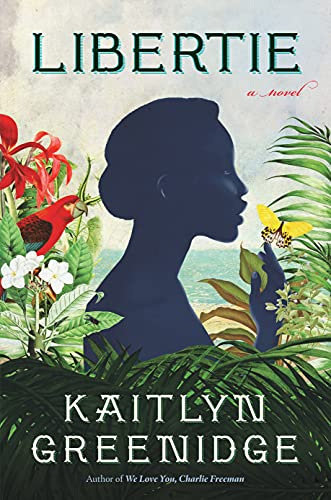At the New York Times, Kaitlyn Greenidge discusses her new novel, Libertie, and how she sought to tell stories from communities not commonly heard from in history books. “I’ve always been interested in the histories of things that are lesser known,” Greenidge says. “If you come from a marginalized community, one of the ways you are marginalized is people telling you that you don’t have any history, or that your history is somehow diminished, or it’s very flat, or it’s not somehow as rich as the dominant history.”
Kaitlyn Greenidge on Seeing Past the Dominant History









